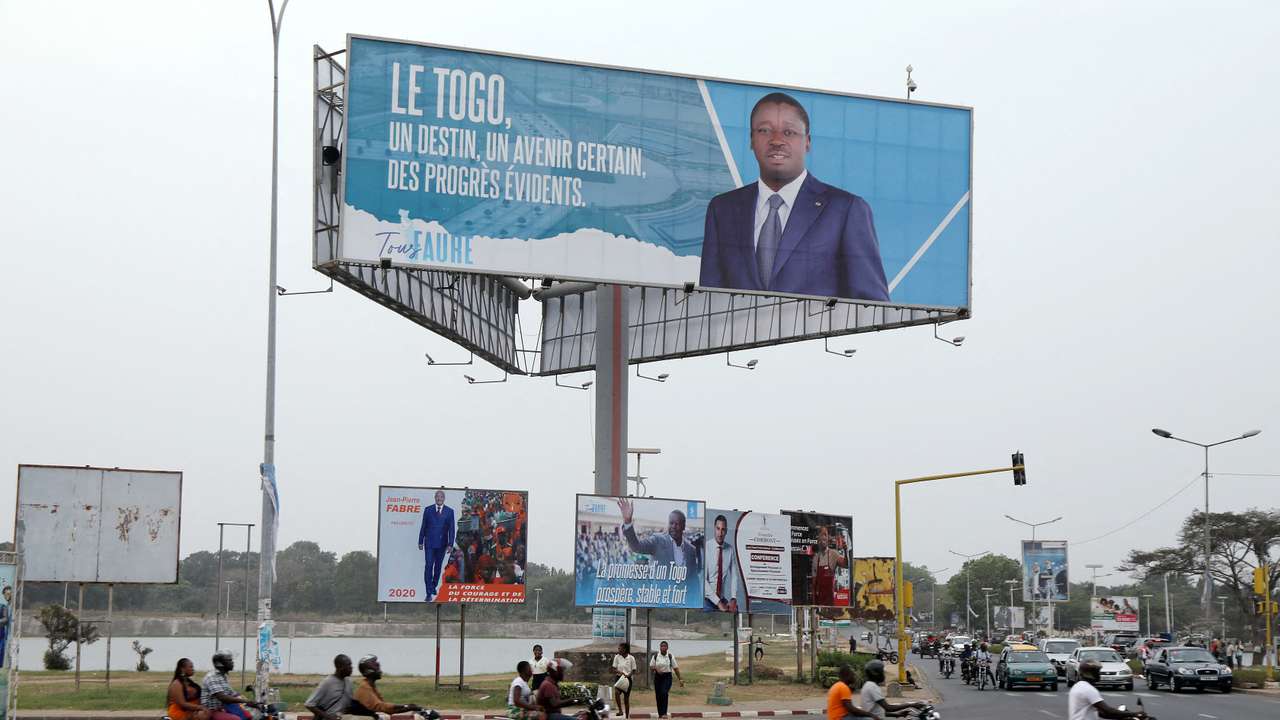Can regional collaboration help Africa overcome global protectionism? Togo’s vision for regional unity

Myriam Dossou d'Almeida, Vice President of Togo's National Assembly, has called for stronger collaboration among African countries to address global trade challenges and promote sustainable development.
Speaking on Togo’s development agenda, she highlighted the impact of global protectionism and the need for African countries to consolidate their economies. “Protectionism is always an obstacle to free trade and puts fragile economies at a slight disadvantage,” she told Global South World, advocating for more inclusive trade systems to ensure fair opportunities for developing nations.
The African Growth and Opportunity Act (AGOA), a US trade initiative passed in 2000 under former President Bill Clinton which provides eligible African countries duty-free access to the US market is now in limbo following the recent election of Donald Trump who previously indicated he would not renew the treaty when it expires in 2025.
According to Dossou d'Almeida, a key part of the strategy to address imbalances in global trade involves strengthening Africa’s negotiating power through regional and continental organisations.
“It is important that African countries, through regional, sub-regional, and continental organisations, strengthen their negotiating capacity and promote change in this globalising approach to the world,” she said, calling for agreements that address the unique needs of African economies.
Dossou d'Almeida’s sentiments come amid efforts by the African Union (AU) to ramp up trading between African nations through the African Continental Free Trade Area (AfCFTA). The Trade Act, adopted in 2018 and endorsed by 47 member states of the AU, aims to establish a $3 trillion free trade area, which would become the largest globally.
Togo has implemented significant reforms over the past two decades, including the revision of its constitution—making changes to presidential term limits and how presidents are elected.
The reform means Togo’s president will be elected through a parliamentary system and current President Faure Gnassingbe—in power since 2005, can stay on until 2033.
However, Dossou d'Almeida explains: “All the reforms aim to build peace and consolidate the well-being and quality of life of Togolese people.” Recent efforts have also focused on addressing unconstitutional changes in the subregion, which she noted undermine both economic growth and human capital development.
Promoting gender equality has been central to Togo’s reform agenda, with a focus on empowering women in leadership roles, she added. Highlighting that legal reforms enable women to access education, training, and leadership opportunities. “The Prime Minister of Togo is a woman, and many women hold significant roles in government and the Assembly,” she said, emphasising that these achievements stem from targeted programmes that encourage women to take active roles in politics and governance.
Dossou d'Almeida succeeded Victoire Tomegah Dogbé as Togolese Minister of Grassroots Development and Youth when Dogbé was appointed as the 13th prime minister of the West African nation in 2020—the first woman to hold the office.
In a country where over 60% of the population is under 25, youth development should be central to the government’s development agenda. According to Dossou d'Almeida, the government has established programmes like the National Youth Council and innovative volunteer initiatives which are helping young people engage in civic life and develop their potential.
“Togolese youth have talent, and we work every day to strengthen their responsibility and citizenship,” she said. These initiatives, she noted, not only equip young people with skills but also inspire similar programmes in neighbouring countries.
On the issue of corruption, Dossou d'Almeida acknowledged that it remains a global challenge but noted Togo’s proactive approach.
“Where there are humans and resources, corruption can exist,” she said, stressing the importance of legal frameworks to tackle it effectively.
According to the 2023 Corruption Perception Index (CPI), which ranked 180 nations and territories according to how corrupt the public sector is thought to be, with a score ranging from 0 (highly corrupt) to 100 (very clean), Togo scored 31.
90% of Sub-Saharan African nations scored less than 50, similar to most other regions in the rest of the world, according to the report.
Dossou d'Almeida reflected on Africa’s broader role in global development. She called for solutions tailored to the continent’s unique challenges, including economic disparities and resource management.
“It is important that this diagnosis leads to solutions that are adequate and appropriate for our countries and our populations,” she concluded.
Watch the full interview here: